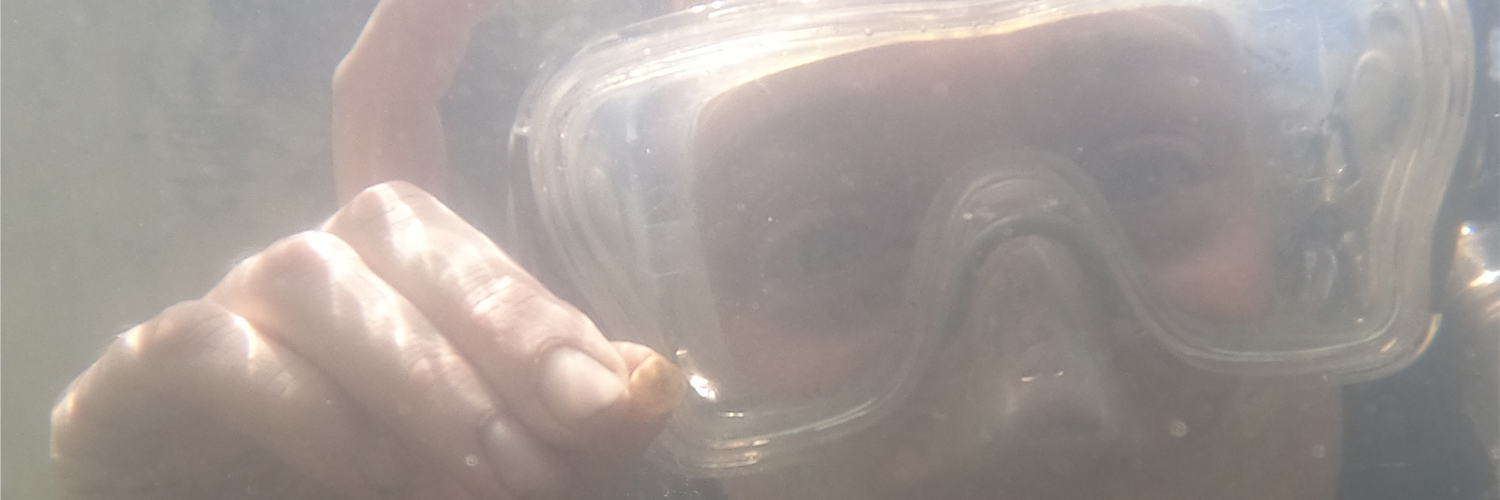Mussels sometimes get a bad rap, thanks to destructive invasive species. While these unwelcome outsiders stir up trouble, dozens of native mussel species are quietly going about their business, cleaning our water and serving as sentinels for the health of entire ecosystems.
“Mussels filter feed a huge amount of water. It’s insane how much they filter,” says Becky Doyle-Morin, UW-Platteville freshwater invertebrate ecologist. “They’re helping to clean waterways, like little vacuums or pool filters.”
As these hardworking bivalves suck in water, food particles and sediment, they’re also taking in any pollutants in the environment. As Doyle-Morin puts it, “What’s in the water determines whether they thrive.”
Studying the size and health of native mussel populations provides researchers with crucial data about water quality and the stability of entire food webs, including fish that might end up on your plate.
But to monitor and protect native mussel populations, first you have to find them.
“Wisconsin waterways have some of the most diverse mussel communities in the world,” says evolutionary ecologist Gretchen Gerrish, director of the Trout Lake Station in Vilas County. And while mussels around the Mississippi River and some of its tributaries have been well-documented, many other populations remain unstudied.
Gerrish and Doyle-Morin plan to fill in some of the gaps while also providing the next generation of researchers with invaluable skills. With support from the Freshwater Collaborative of Wisconsin, their team of undergraduates has begun surveying locations in southwestern Wisconsin. They’ll also study North Woods sites around Trout Lake Station, which is operated by UW-Madison’s Center for Limnology.
“The project spans the state, linking regions that might not otherwise be connected,” Gerrish says.
Those connections will soon stretch all the way to Australia. The diversity of Wisconsin’s native mussel species, and the high caliber of the research already underway here, has attracted scientists from Murdoch University in Perth. Doyle-Morin and Gerrish are building an exchange program with their Australian colleagues. The collaboration will send Wisconsin undergrads Down Under and allow Murdoch students to train here, in the Freshwater Mussel Capital of the World.

